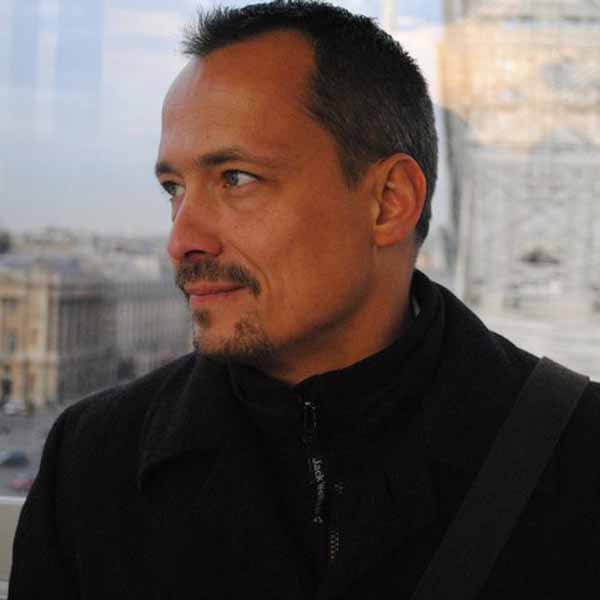Collection
Instrumentalism about epistemic rationality: For and against
- Submission status
- Closed
Traditionally, epistemic rationality has been distinguished from practical rationality. In the view of many thinkers, epistemic rationality is a matter of ordering one’s belief system in ways that promote having true beliefs rather than false beliefs; ways that are independent of agents’ particular circumstances and satisfy a number of norms, such as coherence with the canons of logic, the axioms of probability, or rules of evidential support. It also sometimes maintained that these norms hold unconditionally.
The special issue will focus on a central challenge to the traditional account of epistemic rationality: the challenge of instrumentalism. It has been argued often that truth and error avoidance are not the only goals of rational inquiry: belief systems should also satisfy other epistemic goals (e.g. simplicity, precision, fruitfulness, systematicity, and so on), and even practical needs. Flexibility about epistemic goals makes it possible to modify methods or standards of evidence - something known to have frequently occurred in the history of science. And taking practical, non-epistemic goals and constraints (such as computational intractability) into account calls into question the importance of truth and error avoidance in our belief systems, a point in line with some arguments in the cognitive psychology of rationality.
For such reasons, many have claimed that epistemic rationality is not sui generis, but reducible to instrumental rationality. Naturalists and pragmatists, but not only them, have supported this as a better conception of epistemic rationality. Their arguments have been challenged by anti-instrumentalists, such as Thomas Kelly and Harvey Siegel. So, can the traditional conception of epistemic rationality be rescued from the challenges raised by instrumentalism? What speaks for and against instrumentalism? What modifications are necessary, what alternatives must be considered? This special issue brings together leading philosophers and cognitive scientists to discuss anew the concept of epistemic rationality.
Editors
-
Thomas Sturm
Thomas Sturm is ICREA Research Professor in Philosophy at the Universitat Autònoma de Barcelona UAB. His work focuses on Immanuel Kant's philosophy and current discussions over rationality at the interface of philosophy, psychology, and the social sciences. He is also a member of the Institute of History of Science (IHC, UAB), the LOGOS group (UB), and Associate Research Fellow at the Wundt Center for Philosophy & History of Psychology, Universidade Federal Juiz de Fora (Brazil). In 2019, he became elected to the Academia Europea.
-
Carl Hoefer
I did my PhD in Philosophy at Stanford University with Peter Galison and Nancy Cartwright. My first academic position was at the University of California, Riverside. In 1998 I moved to the London School of Economics to join the department of Philosophy, Logic and Scientific Method. From 2002-2013 I was an ICREA at the UAB philosophy department. From 2005-2013 I was coordinator of the research group GRECC at the UAB. From 2009 - 2017 I was the founding Editor in Chief of the European Journal for Philosophy of Science, published by Springer.
-
Sven Rosenkranz
ICREA and University of Barcelona
Articles (9 in this collection)
-
-
Justifying method choice: a heuristic-instrumentalist account of scientific methodology
Authors
- Till Grüne-Yanoff
- Content type: Epistemic Rationality
- Open Access
- Published: 11 December 2020
- Pages: 3903 - 3921
-
Varieties of epistemic instrumentalism
Authors
- Daniel Buckley
- Content type: Epistemic Rationality
- Published: 26 March 2020
- Pages: 9293 - 9313
-
Naturalism, tractability and the adaptive toolbox
Authors (first, second and last of 7)
- Patricia Rich
- Mark Blokpoel
- Iris van Rooij
- Content type: Epistemic Rationality
- Open Access
- Published: 30 October 2019
- Pages: 5749 - 5784

-
Correction to: The disvalue of knowledge
Authors
- David Papineau
- Content type: Correction
- Published: 17 October 2019
- Pages: 5333 - 5333
-
Two types of epistemic instrumentalism
Authors
- Charles Côté-Bouchard
- Content type: Epistemic Rationality
- Published: 05 October 2019
- Pages: 5455 - 5475
-
The disvalue of knowledge
Authors
- David Papineau
- Content type: Epistemic Rationality
- Open Access
- Published: 04 October 2019
- Pages: 5311 - 5332
-
Axiomatic rationality and ecological rationality
Authors
- Gerd Gigerenzer
- Content type: Epistemic Rationality
- Open Access
- Published: 09 July 2019
- Pages: 3547 - 3564

-
Ecumenical epistemic instrumentalism
Authors
- Nathaniel Sharadin
- Content type: Epistemic Rationality
- Published: 29 May 2019
- Pages: 2613 - 2639




